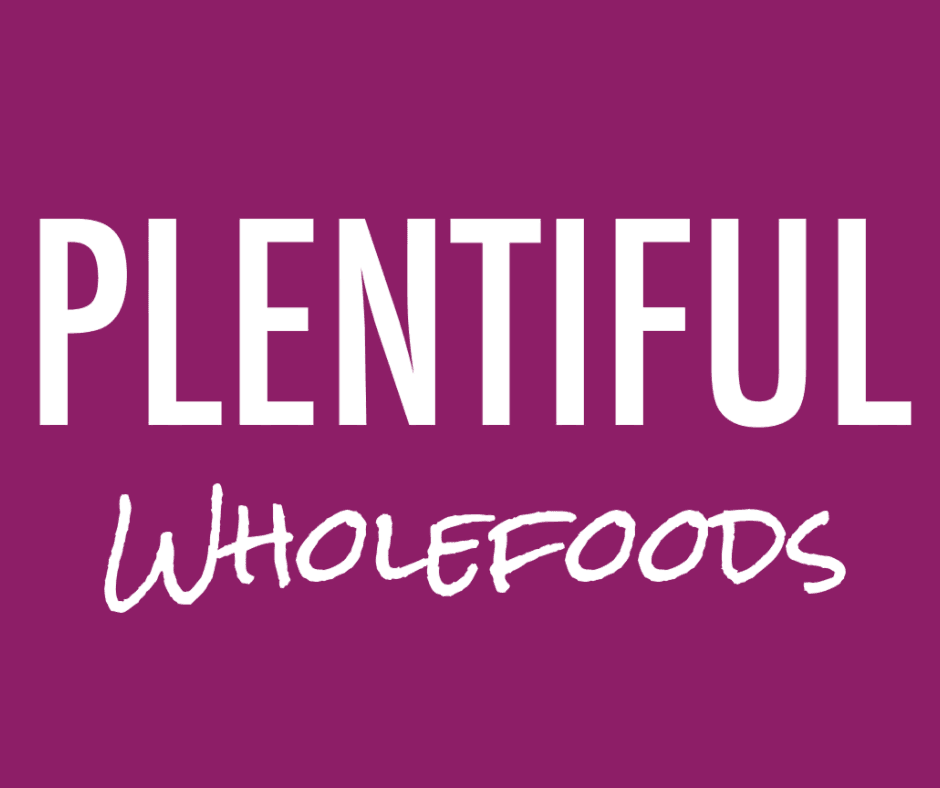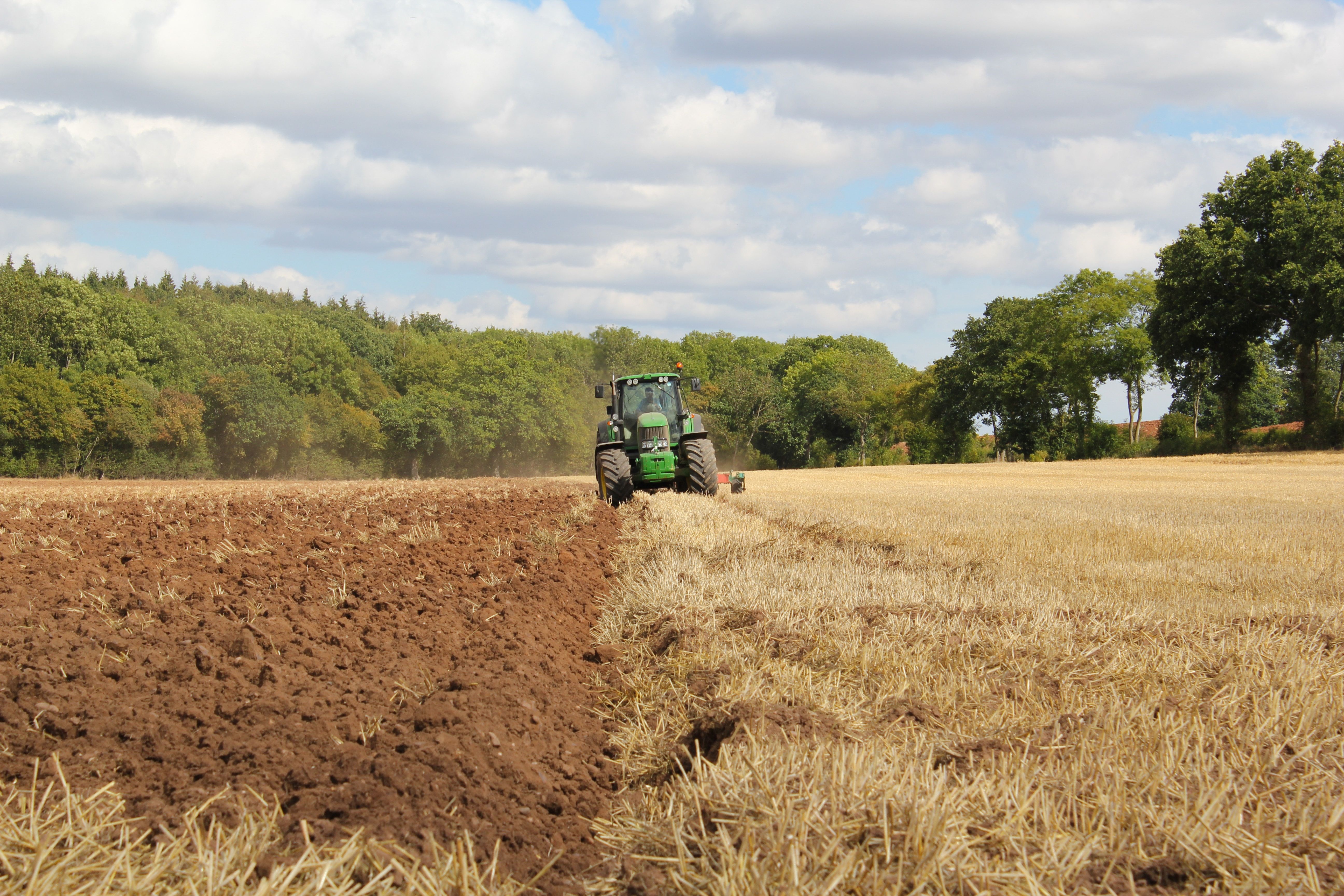
Why Choose Organic Food?
We promise, there's good reason that even more people are eating organic.
At Plentiful, we are guided by 4 pillars that help us choose every supplier we buy from, brand we stock and decision we make about getting good food into the hands of our community. Selling organic food helps us to fulfil every single one of our principles.
#1 Eat Well:
Organic food is free from chemical pesticides that could be damaging to our health. It has grown naturally, taking all the time it needs to become nutritious and delicious. Also, organic farming methods maintain the health of the soil which impacts the nutrient level of the food grown.
#2 Planet First:
Organic farming is better for the planet because it relies on natural farming practices that aren’t disruptive to the environment and waterways. In fact, the total opposite! Organic farms preserve and create habitats where nature can thrive alongside farms.
#3 Better Farming:
Organic farming is a lot more sustainable because it looks after the ecosystem, environment and farmland so it can be used to grow nutritious food in the future. By supporting organic, we’re keeping organic farmers in business.
#4 Choice:
We know our community cares about where their food has come from and its environmental, social and health impact. Organic food has a positive impact on all of these areas, giving our customers the option to shop according to their values.
Choosing organic aligns with our values for how we serve our community. But why should you choose organic?
1.For Wildlife & Biodiversity
Over 1 in 10 wildlife species in Britain are facing extinction with the main reason being habitat loss. Intensive farming practices have a lot to do with it.
It’s not just because habitats are being turned into farmland. Recent studies have found that pesticides are key drivers in insect decline in the UK and further afield. Pesticides find their way into our soils and rivers, impacting not only the bugs on the crops but the environment and ecosystem that wildlife needs to thrive. See The Cocktail Effect for more info.
Organic certified farms are designed to support nature, both by creating habitats (such as hedgerows and tree cover) and by not using unnecessary chemical pesticides which can directly poison wildlife and kill their food sources.
Organic farms rely on natural methods such as crop rotation and attracting insects that work as predators for pests. They are allowed to use 20 (out of the 400 non-organic) pesticides as these are derived from natural ingredients such as citronella and are only used in restricted circumstances after every other technique has failed.
As organic farms protect and nourish soils (see below), habitats and wildlife ecosystems, organic farming creates an impressive 50% more biodiversity of vital creatures and wildlife. (Source: British Ecological Society)
By buying organic you’re helping British birds, mammals and aquatic life.
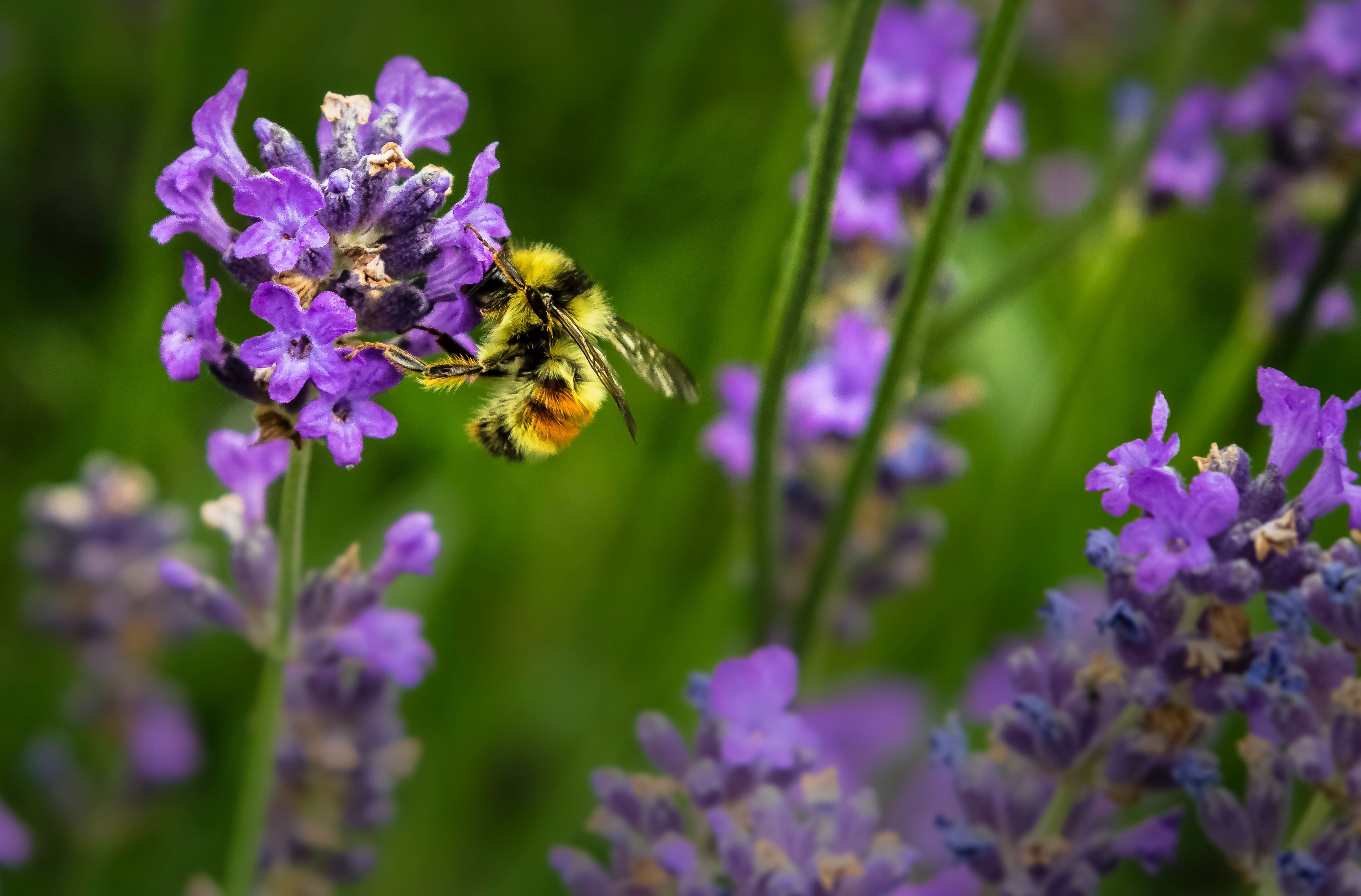
- For Your Health
The pesticides used in non-organic farming leave residue on the food we eat. In truth, we don’t know the health impact of consuming residue from multiple different chemical pesticides. Organic farming eliminates this health risk by using natural methods.
In total, non-organic farmers are permitted to use around 400 different pesticides in the UK and are advised to use combinations. 46% of non-organic food contains residues of one or more pesticides. Government testing data for 2018 found residues of 157 different pesticides. 63 are known possible or probable carcinogens. 41 are suspected endocrine disruptors. (Source: PAN UK)
We are told that these are safe, as they are "under the threshold" and used in safe amounts. However, all chemicals are tested and measured as individual compounds. The Soil Association's Cocktail Effect explains how a third of all fruits and vegetables consumed in the UK contain cocktails of a mix of pesticides - some containing traces of up to 14 different pesticides, not just one at a time measured by the government. That’s a problem because:
"The truth is we simply have no idea of the human health and environmental impacts of long-term exposure to hundreds of different pesticides" - Josie Cohen from PAN UK
We can’t be expected to put our health in the hands of government regulations based on such flawed data. Organic food is a much more reliable option.
By eating organic, you’re protecting yourself and those you cook for.
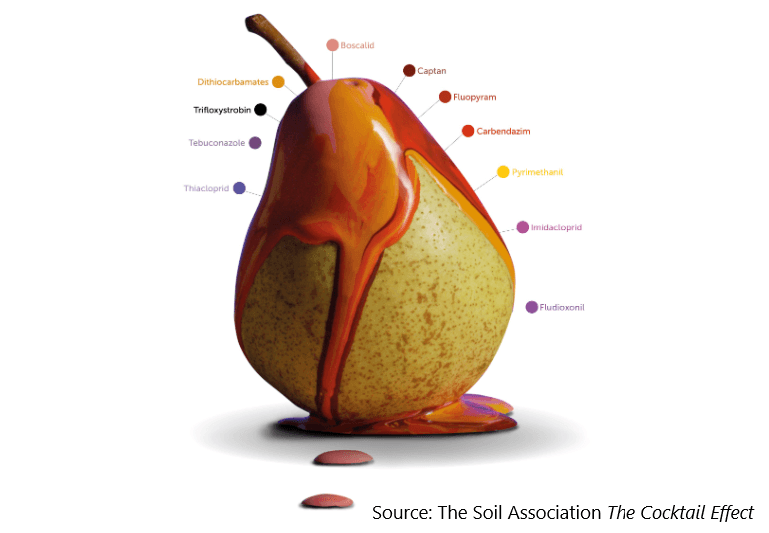
- For Soil Health and Sustainability
It’s the nutrients in our soil that enable crops to grow and give produce like fruit and veg its health benefits. Soil health is pretty important to food production. Unfortunately, the health of our soil is declining due to erosion, harmful chemicals, and changes in how we use land. This means the soil is losing its nutrients and becoming less fertile, making it harder to grow enough food for everyone and reducing the nutrient levels of the food grown.
Nutrient-poor soil is harmful to the environment as well. It affects wildlife and releases greenhouse gases. One single gram of soil is home to up to 10 billion micro-organisms which we still don't know everything about. Often non-organic pesticides kill fungi, damaging much of our underground life, creating lifeless barrens of soil and affecting our food stability for generations.
Organic farming nourishes the soil through composting, crop rotation, using nitrogen-fixing plants, and reducing fertilisers. This approach focuses on using natural methods to farm like encouraging diverse ecosystems. Organic farming can restore soil health, protect the environment, and make sure we have enough tasty and nutritious food to enjoy. By supporting organic food and farming, we can all play a part in creating a better and more sustainable future.
You may have seen Kiss The Ground, the documentary that brought world soil health to the masses. If not - we recommend. Also, the documentary Biggest Little Farm is an amazing example of a family turning barren soil around (now on Netflix - 2023). If you're not into documentaries - here's a great link to explain: Follow The Food.
By choosing organic, you’re helping recover the world’s soil and protecting the environment.
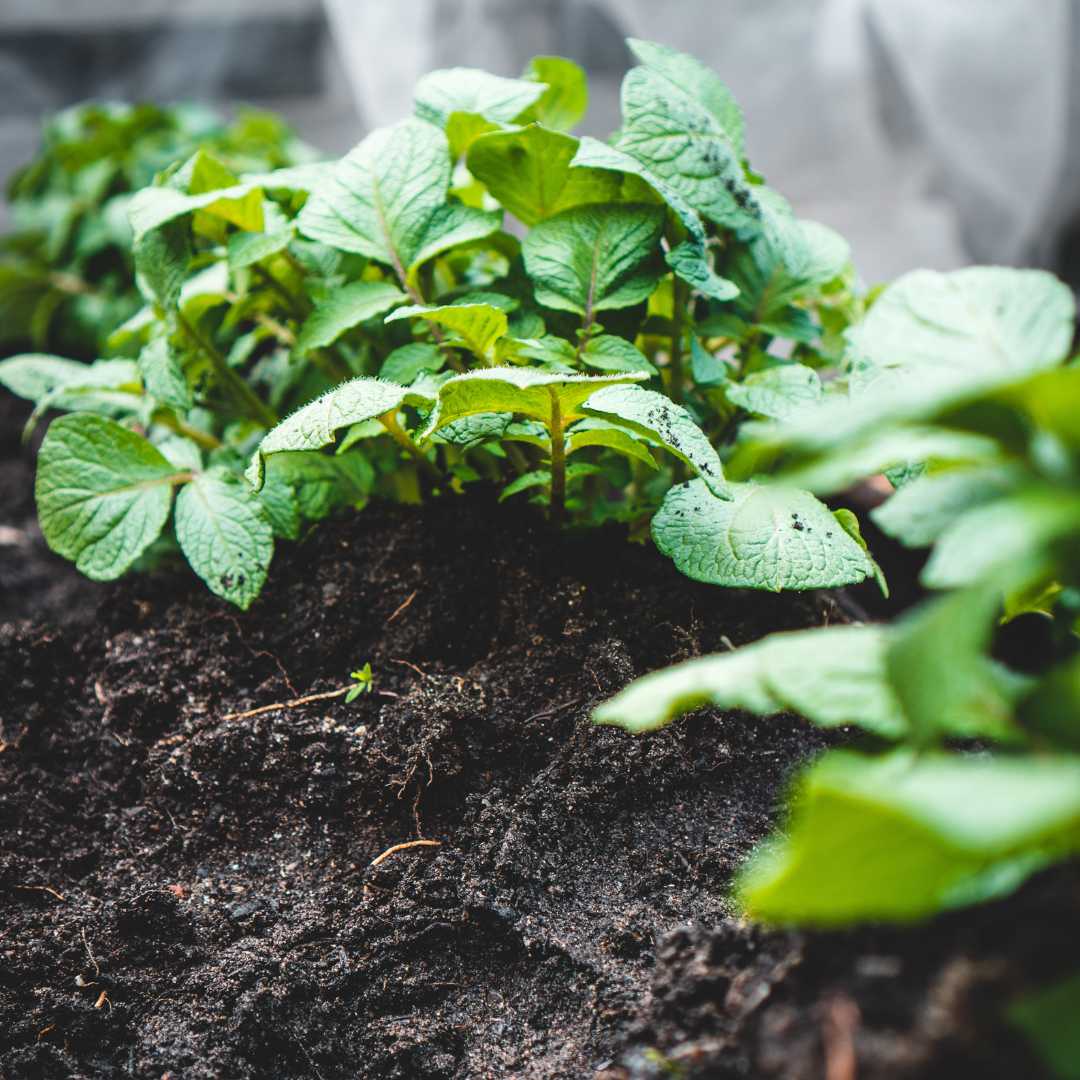
- For the Welfare of Animals
How livestock is treated varies widely depending on the standard the farms are following. While free range is better than caged and intensive farming, there’s still a huge difference in how organic livestock is treated. Not all non-organic farms keep animals cooped in small pens, unable to ever experience natural foraging and outdoor behaviours but organic certification guarantees that the farms supplying animal products must adhere to high welfare standards. Here are a couple of examples.
The way organic hens are treated for eggs to be given a Soil Association organic certification:
- Organic chickens must have continuous and easy daytime access to an outdoor range covered with suitable vegetation.
- The maximum size for a flock of chickens under organic standards is 3,000 hens (compared to up to 100,000 for caged systems and 16,000 for RSPCA assured). So the chickens can use their natural habitat and be monitored more closely.
- Beak trimming is banned. This is allowed in the UK in both free-range and caged systems.
- Organic chickens are not routinely fed antibiotics or GM food.
The way cows are treated for milk to be labelled organic by the Soil Association:
- Organic cows eat at least 60% natural forage/grass rather than feeds such as soya.
- 'Zero Grazing' is banned.
- When the cows must go inside (due to weather) they must be housed in well-bedded, spacious yards.
- As organic dairy cows are not given the same concentrated feed as many non-organic cows, they tend to have a lower, but more sustainable, milk yield which helps protect their health and welfare.
By shopping organic you’re showing farmers how you want animals to be treated.
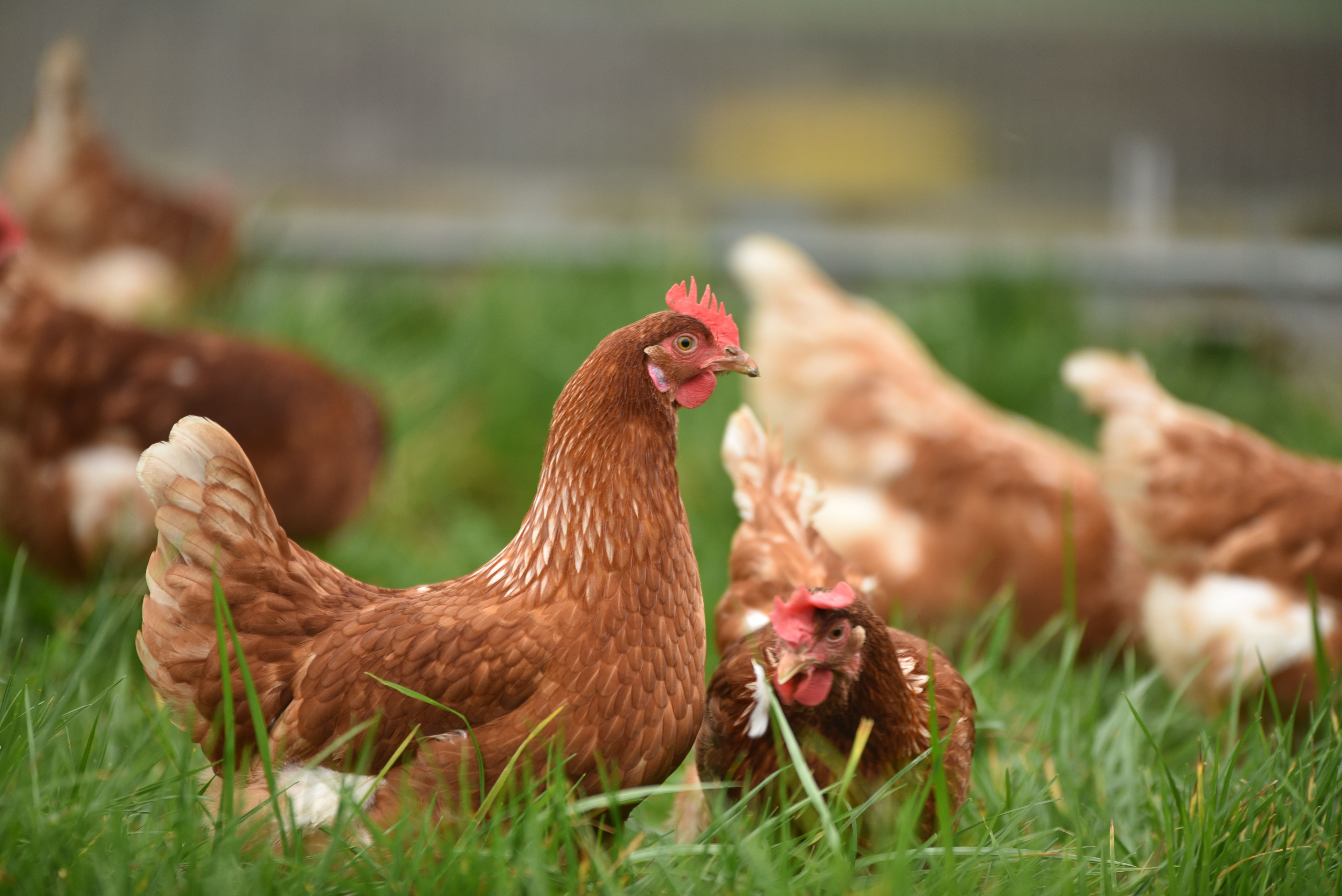
Organic Food FAQ
What are organic fruits and vegetables?
Organic fruit and vegetables are grown using natural methods that actively aim to support the whole ecosystem including the wildlife and environment around the farm. So there will be very limited use of natural pesticides and fertilisers, mostly relying on traditional farming methods like crop rotation. Look for organic certifications when buying any organic products. The top tier standard in the uk is the Soil Association.
What other organic food is there?
Fruit and vegetables aren’t the only organic food you can buy. Pretty much any produce from a farm can be made organic including organic dairy, eggs and grains. When you are buying food that isn’t a raw ingredient such as chocolate, you can look for brands that use organic ingredients like organic milk. They’ll have an organic certification too.
What evidence is there of the health benefits of eating organic?
There are two main health concerns organic food addresses. The first is the number of pesticides found on produce and the impact that has on our health. Over a quarter of all food and a third of fruits and vegetables in the UK contain multiple pesticides, sometimes up to 14. We don’t know the consequences of eating food contaminated with so many pesticides. Organic farming doesn’t use chemical pesticides so we don’t have to worry about what’s in or on our food. (Source: Soil Association, the largest trusted organic certifier in the UK)
The second concern is soil health. This is a problem for our health because “Nearly 99 percent of the world’s daily calorie intake can be traced back to soil.” The nutritional value of some produce has lowered between 6% and 38% in key elements such as calcium, iron and vitamin C. Essentially, we’re not getting the benefit from fruit and vegetables that we used to and this will only get worse if we don’t do anything about it. Organic farming uses natural methods that support biodiversity and nutrient soil contents including avoiding harsh chemicals and rotating crops to vary the nutrition produce needs from the soil. (Source: Chris Kresser, M.S., L.Ac)
What evidence is there that organic farming is better for the environment?
Considering the soil depletion discussed above, organic farming methods are more sustainable. Already one third of the world’s agricultural soil is degraded and we’re losing 30 football pitches of it every minute. Organic farming practices nourish the farmland to avoid drastic losses.
We know the pesticides used in intensive farming are an environmental issue because “Agriculture contributes to 40 percent of river pollution due to fertilisers, pesticides, antibiotics and topsoil from farming entering our waterways.” Organic farming only uses natural pesticides when needed so the negative impact on the environment is very limited, especially as organic farmers protect and build habitats so wildlife can live alongside farms. (Source: Soil Association, the largest trusted organic certifier in the UK)
Ultimately, the food you eat is your choice. Without Plentiful in our local area, it’s tricky to have this choice. At Plentiful, we give our community the choice to buy food that has been produced in a way that protects wildlife, health, sustainability and livestock.
